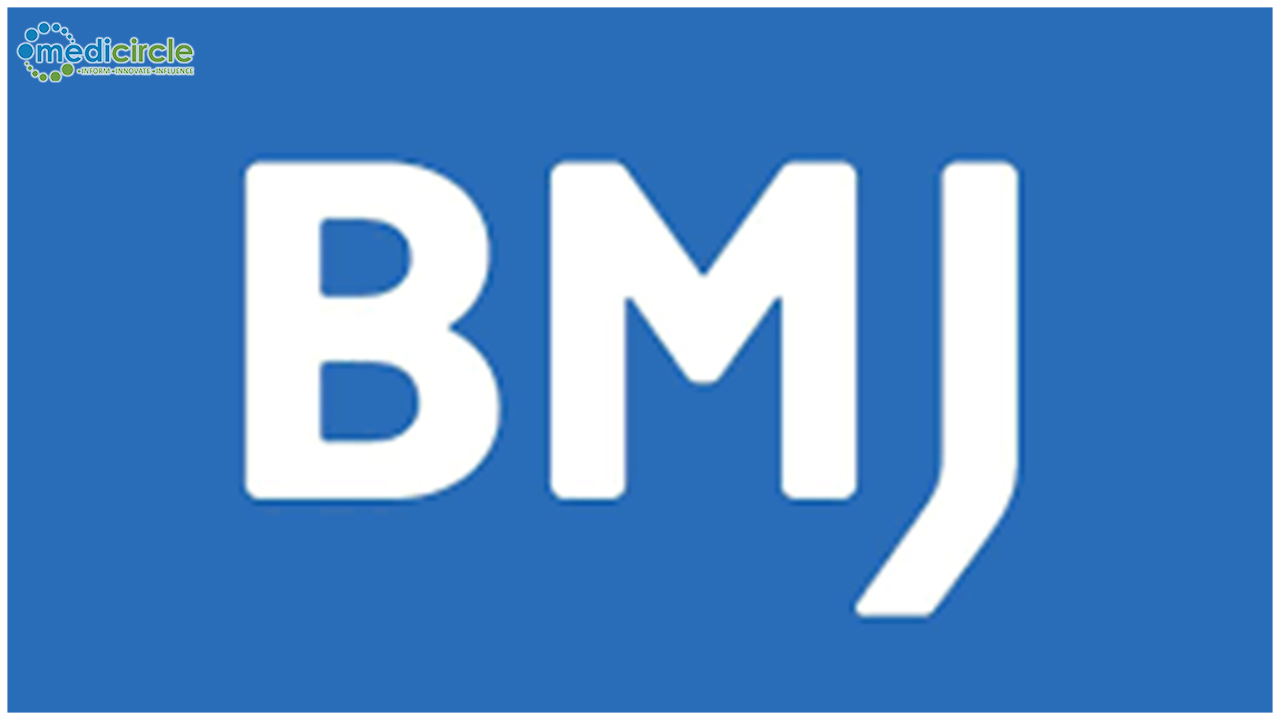Medical students could soon be employed in various roles in the NHS, depending on their skill set, to help with the response to covid-19, as part of schemes being developed by NHS trusts and medical schools.
The students would work in roles suited to their experience, from administration to physician assistants. Final year students who have passed their final exams and would like to help could even have their GMC registration brought forward, so that they could start as foundation year trainees earlier than usual. However, this option is still under consideration.
The development of these roles comes after UK medical schools were urged to fast track final year students into the workforce in the wake of severe disruptions to teaching programmes caused by the covid-19 outbreak.1
Speaking to The BMJ, Kiran Patel, medical director of University Hospitals Coventry and Warwickshire NHS Trust, said that he was “almost brought to tears” by the number of medical students who had contacted him asking how they could help. He is now working with the University of Warwick to work out how medical students and graduates could take up roles in the NHS.
“It’s uncharted territory, but it’s about matching roles to skill sets,” he said. “One of our junior doctors is even putting a list together of things they could do from home.”
Patel said the trust was preparing for being in a “really challenging position” as the peak approached, which he thinks will be around 15 April. “Warwick has a graduate medical school, and they have just finished their finals. So we have 150 medical graduates who are not yet on the GMC register but are skilled enough to be junior doctors, essentially. If the GMC can register them quickly, these doctors could start working and prescribing, and that will be really helpful.” he told The BMJ.
“However, even if that does not happen, they can still essentially be physician assistants; that cannot prescribe, but can do everything else. We are working very quickly over the next 48 hours to develop these roles.
“We also have the other medical students—the ones who have not graduated. We are splitting them into two groups: those who previously held roles such as paramedics, who we can redeploy, and others who we can upskill.”
“Heart warming” response
Patel added, “I’m even getting emails from medical school hopefuls who are in sixth form, saying their exams have now been cancelled and they want to help. I’m absolutely astonished by the number of people who have come forward offering to help. It’s really heartening, and I’m sure it’s happening across the country. But what we need to do is not just say this is heart warming but work out what we can do about this, because we know we have a real workforce crisis on the horizon.”
Public Health England said that the covid-19 outbreak could last around a year (until spring 2021), with around 80% of the population infected and up to 15% of people (7.9 million) in the UK needing to be admitted to hospital.2 It has also warned that of the five million people deemed vital because of their work—including a million NHS staff and 1.5 million social care staff—500 000 could be off sick at any one time.
The BMJ understands that other medical schools are developing similar schemes, including King’s College London and Cambridge University Hospitals NHS Foundation Trust.
At the University of Nottingham the medical society created a group that connects students wanting to volunteer with roles at trusts and in the community. The society’s president, Callum McIntyre, said that they had 550 active members within a day of creating the group and were now contacting various partners to offer support.
John Atherton, pro-vice chancellor for the faculty of medicine and health sciences at the University of Nottingham, told The BMJ, “We are very proud of our students; their enthusiasm is inspiring and they are a credit to the university.”
He said that they were volunteering while continuing their training to ensure that there was “no delay in providing the NHS with newly qualified nurses, doctors, and other healthcare professionals over the coming years.”

 John Atherton, pro-vice chancellor for the faculty of medicine and health sciences at the University of Nottingham,said “We are very proud of our students; their enthusiasm is inspiring and they are a credit to the university.â€He said that they were volunteering while continuing their training."
John Atherton, pro-vice chancellor for the faculty of medicine and health sciences at the University of Nottingham,said “We are very proud of our students; their enthusiasm is inspiring and they are a credit to the university.â€He said that they were volunteering while continuing their training."










.jpeg)

.jpeg)
.jpeg)
.jpeg)


.jpg)


.jpeg)
.jpeg)


.jpeg)
.jpg)




